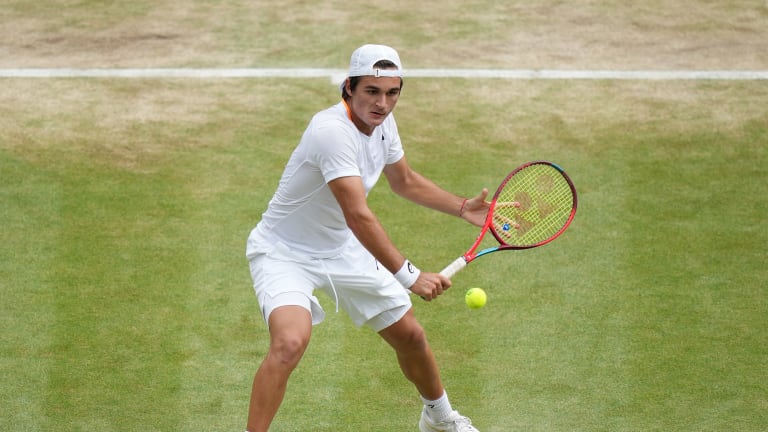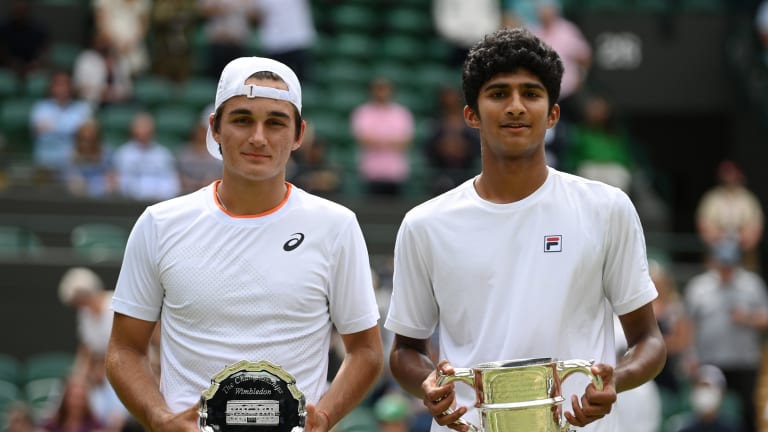ATP Delray Beach, USA
American hopeful Victor Lilov just turned 18, but his deep passion for tennis may rival anyone's
By Feb 12, 2022ATP Delray Beach, USA
Taylor Fritz overcomes 'incredibly tough' wind, old friend Tommy Paul to win again in Delray Beach
By Feb 19, 2024ATP Delray Beach, USA
What Sunshine State? Delray Beach final between Taylor Fritz, Tommy Paul postponed
By Feb 18, 2024ATP Delray Beach, USA
Taylor Fritz, Frances Tiafoe, Tommy Paul or Marcos Giron will win Delray Beach title
By Feb 17, 2024ATP Delray Beach, USA
The Office or The Tour: What’s next for Matija Pecotic?
By Feb 16, 2023ATP Delray Beach, USA
For Matija Pecotic, a part-time player who works full-time in finance, it's been a long way to Delray
By Feb 15, 2023ATP Delray Beach, USA
Sebastian Korda among competitors through to Delray Beach quarterfinals
By Feb 17, 2022ATP Delray Beach, USA
Korda injects new life into U.S. men’s tennis; Sabalenka unstoppable
By Jan 14, 2021ATP Delray Beach, USA
Delray Beach finalist Korda staying "super positive," Top 100 next
By Jan 14, 2021ATP Delray Beach, USA
Hurkacz denies Korda to capture second ATP title at Delray Beach Open
By Jan 13, 2021American hopeful Victor Lilov just turned 18, but his deep passion for tennis may rival anyone's
Last year's Wimbledon junior runner-up will compete in qualifying this weekend at the Delray Beach Open.
Published Feb 12, 2022
Advertising
Advertising

“This kid has an inquiring mind like no one I’ve ever met,” says Lilov’s coach, Stanford Boster. “He has an incredibly deep passion to become great.”
© Getty Images
Advertising

“There’s no time of my life when I’ve not been aware of tennis,” says Lilov (left), who finished runner-up at Wimbledon juniors last summer.
© Getty Images